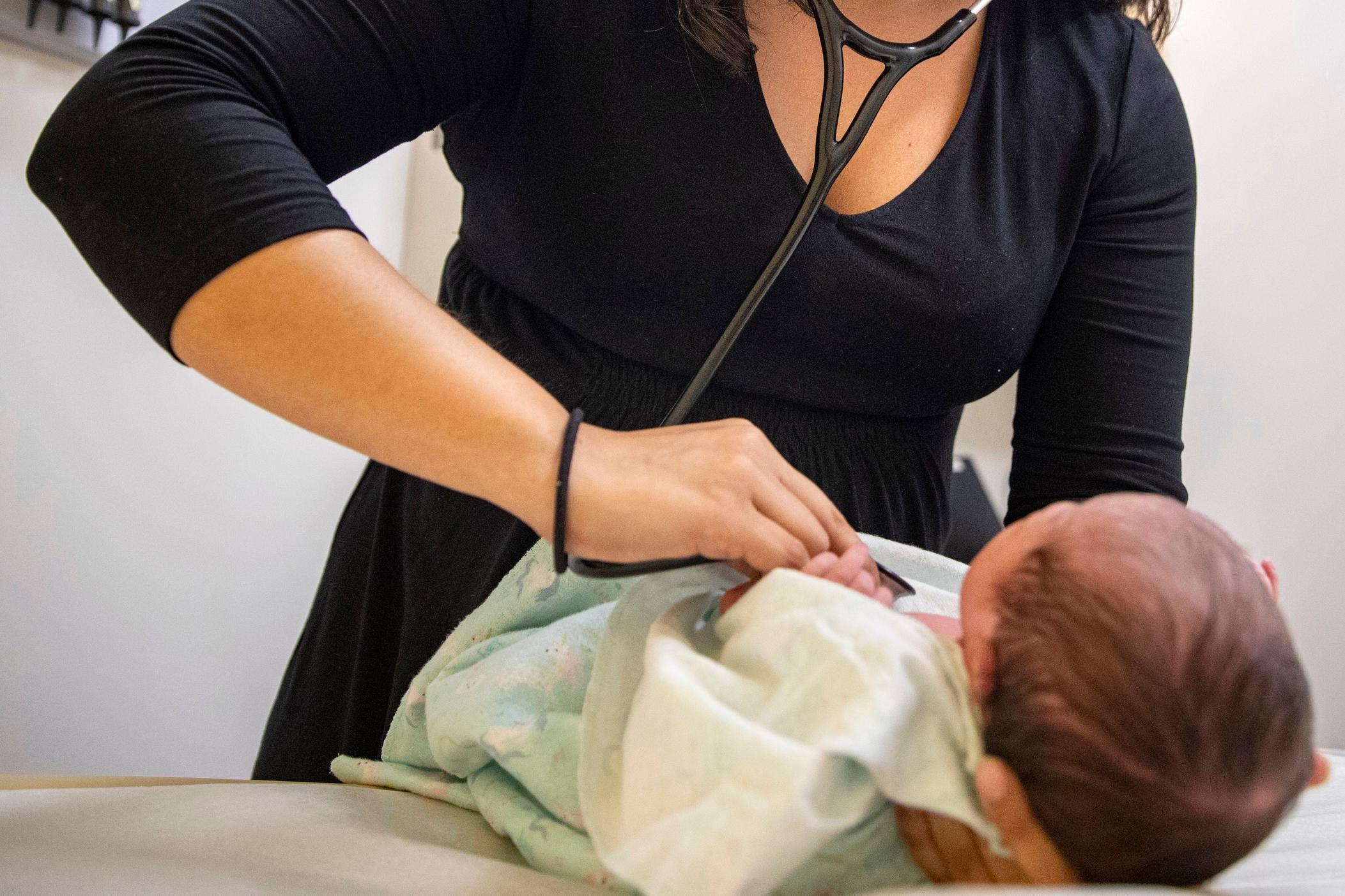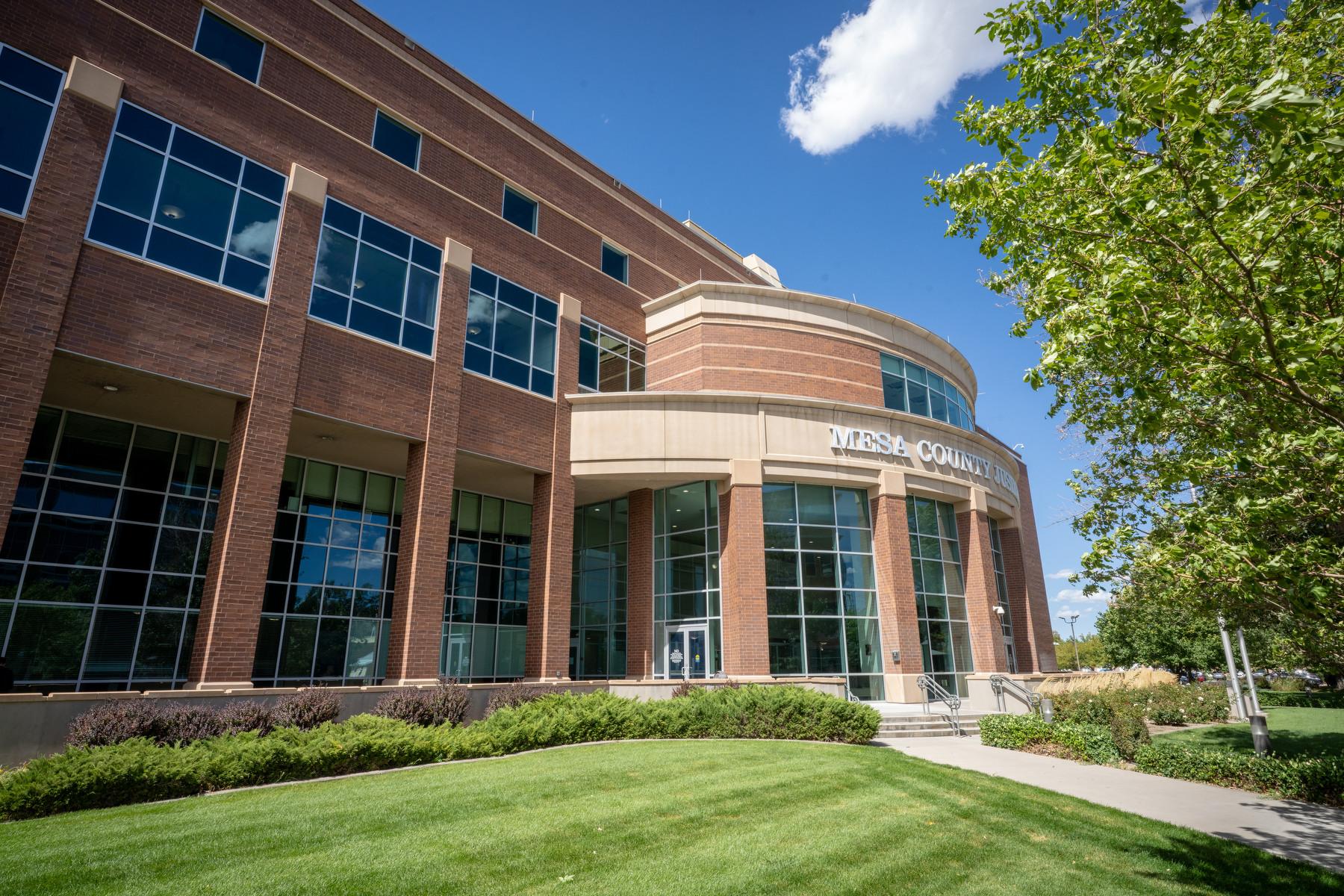
Colorado researchers have found a way to predict whether a baby might develop food allergies. It’s a finding that would enable them to offer emerging treatments to head off allergies as that baby grows up.
About eight to 10% of people get food allergies. If a parent has a food allergy, a child is more likely to have one. An early sign that a child might develop an allergy is if they have eczema, also known as atopic dermatitis, which is a condition that causes a person's skin to be dry and itchy.
In research published in March 2024 and led by Dr. Donald Leung at National Jewish Health, doctors used a special piece of tape to retrieve a skin sample from 2-month-old babies.
Here are five takeaways from the research
Dr. Leung on the skin tape test:
“We obtained a skin sample, the skin tape at two months of age, which is usually four months before they develop any food allergy or even longer and then we followed them to see who developed a food allergy and who didn't develop a food allergy.”
On what researchers discovered about babies prone to food allergies:
“We found that before they got the food allergy, they had abnormalities in their lipids, in their skin and certain proteins and immune cytokines (proteins that control inflammation in the body), so that we were very excited because we would then be able to predict who was going to get food allergy and then focus our attention on those people.”
On using protective creams on the hands and face to prevent food from being absorbed into what Leung calls the “leaky” skin of allergy-prone babies:
“With the skin predictive test, we can find those eight or 10% of people (who develop food allergies) and tell their caregivers that you really have to be vigilant about this. Previous studies have shown that these creams are much more effective if you introduce them early and use them regularly.”
It’s counterintuitive, but Dr. Leung said if a very young baby ingests certain foods instead of getting the food on the skin, it can prevent food allergies:
“There are companies that are now making foods that are blenderized and easy to eat for babies because it’s hard to chew because babies don't typically have teeth during the first few months. But there are companies that are very interested in food allergies and they're trying to make toothpaste, foods that are paste or things that you can suck on."
Common foods that lead to food allergies:
“Peanuts are the most common in the United States and then egg and milk are very common. We're seeing an increasing number of people allergic to cashews or sesame, which are tree nuts, and then you can become allergic to almost anything depending on your immune system.”
Editor’s Note: National Jewish Health is a supporter of CPR News but does not influence editorial content or decisions.








